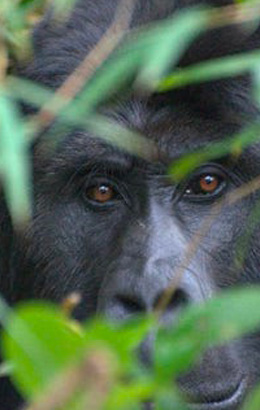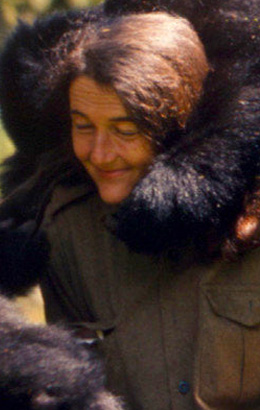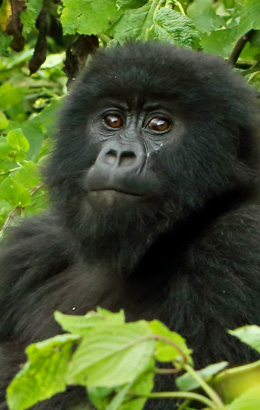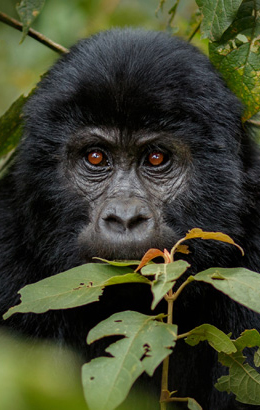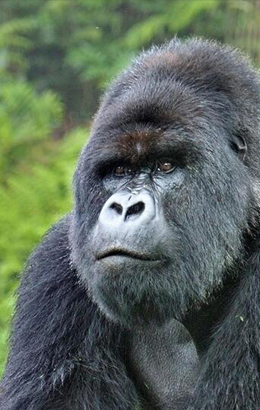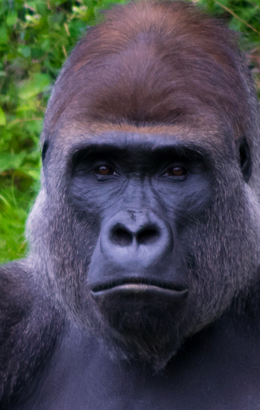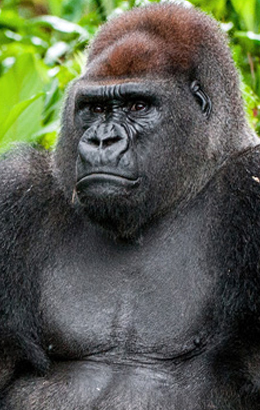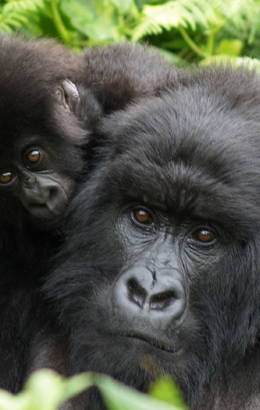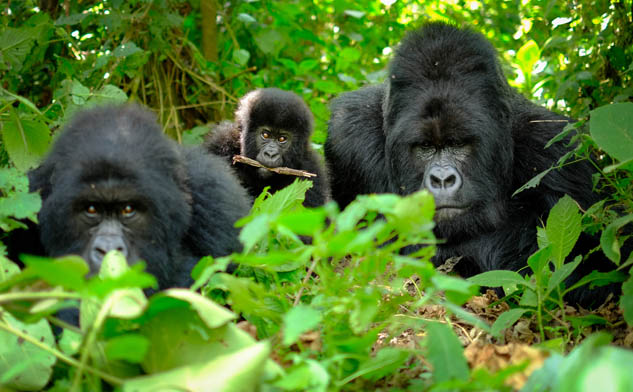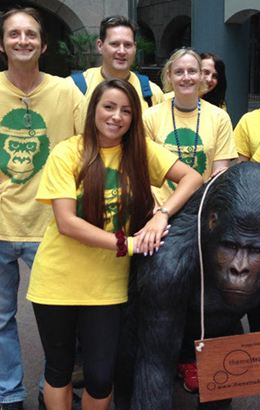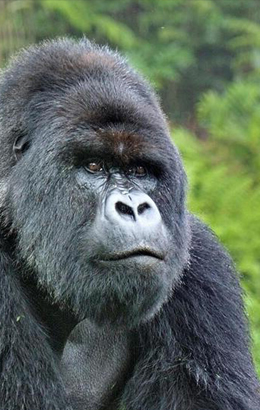Gorillas joined by newly-discovered species of great ape

Photo by Maxime Aliaga
Scientists have announced the discovery of a seventh species of great ape, though the good news has been tempered by the reality that they are soon likely to join their cousins on the ‘critically-endangered’ list.
For almost 100 years, biologists have assumed there were just six species of great ape on the planet – aside from humans -namely: western and eastern gorillas, chimpanzees, bonobos, and Sumatran and Bornean orangutans. Now to that list should be added the the Tapanuli orangutan (or Pongo tapanuliensis)
The team of scientists working for the University of Zurich and the Australian National University found the distinct species while looking into the potential existence of a group of apes living in the dense forests of the Batang Toru area of North Sumatra, Indonesia. While such claims have long been regarded as rumours, the team found that, not only were they true, but that the apes are genetically different to their close cousins, the Sumatran orangutan.
What’s more, they are also physically different, plus initial observations show that the species displays different behavioural traits to its cousins.
While the news has been celebrated by conservationists around the world, it is nevertheless likely that the Tapanuli orangutan will soon join all four sub-species of gorilla on the Critically Endangered list, meaning it is one step away from extinction.
“This exciting news shows yet again that, for all we think we know, there’s still so much more we have to learn about the natural world in general and great apes in particular,” says Jillian Miller, Executive Director of the Gorilla Organization.
“It’s heartbreaking to think that this species of ape could both be discovered and then vanish for good within the space of a few years. Like our colleague in Asia, we know that, far from getting better, the situation is getting bleaker for all great apes. Threats such as poaching and habitat loss are as serious as ever, so we can’t stop for a moment if we are to keep these magnificent animals from extinction.”
